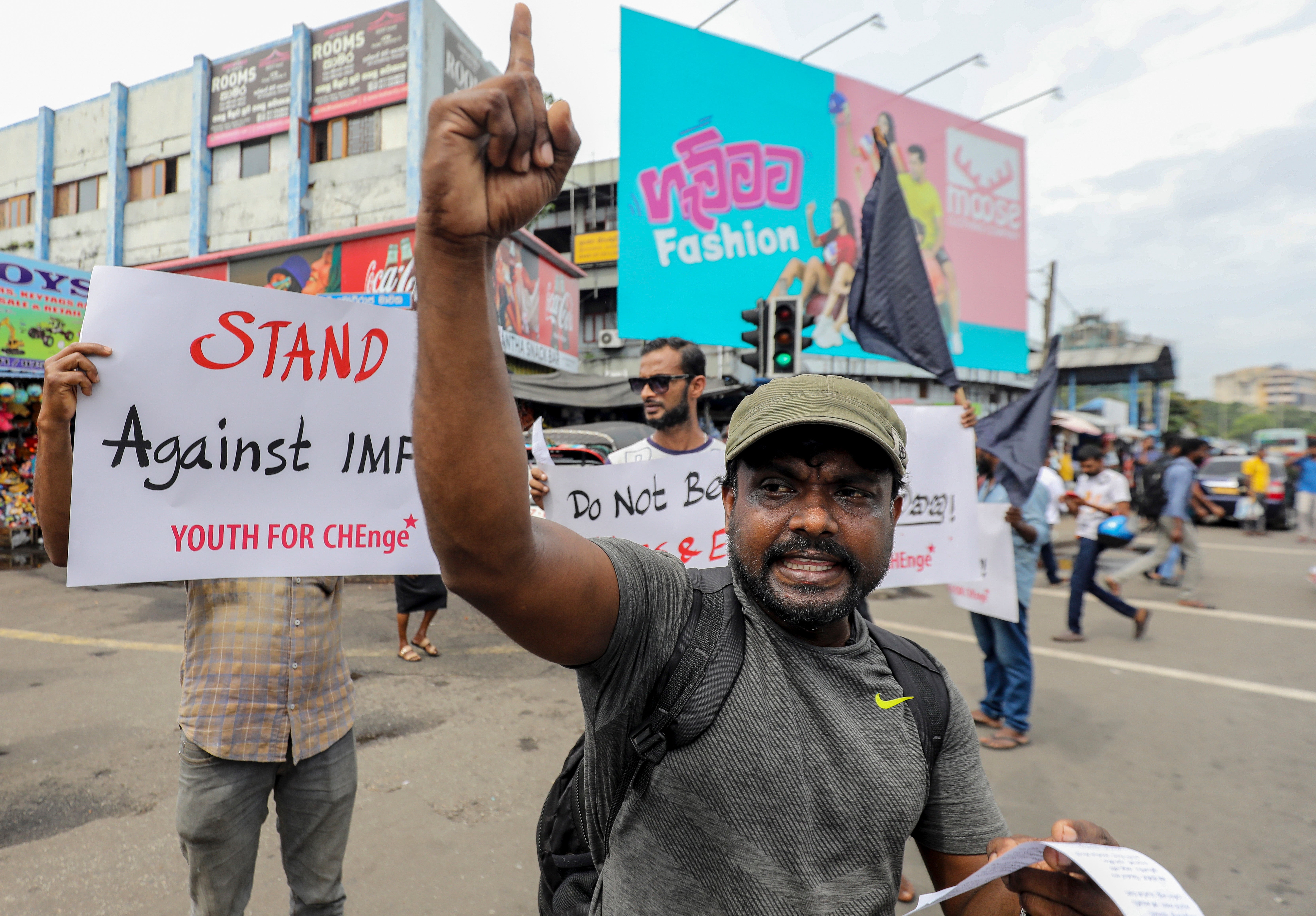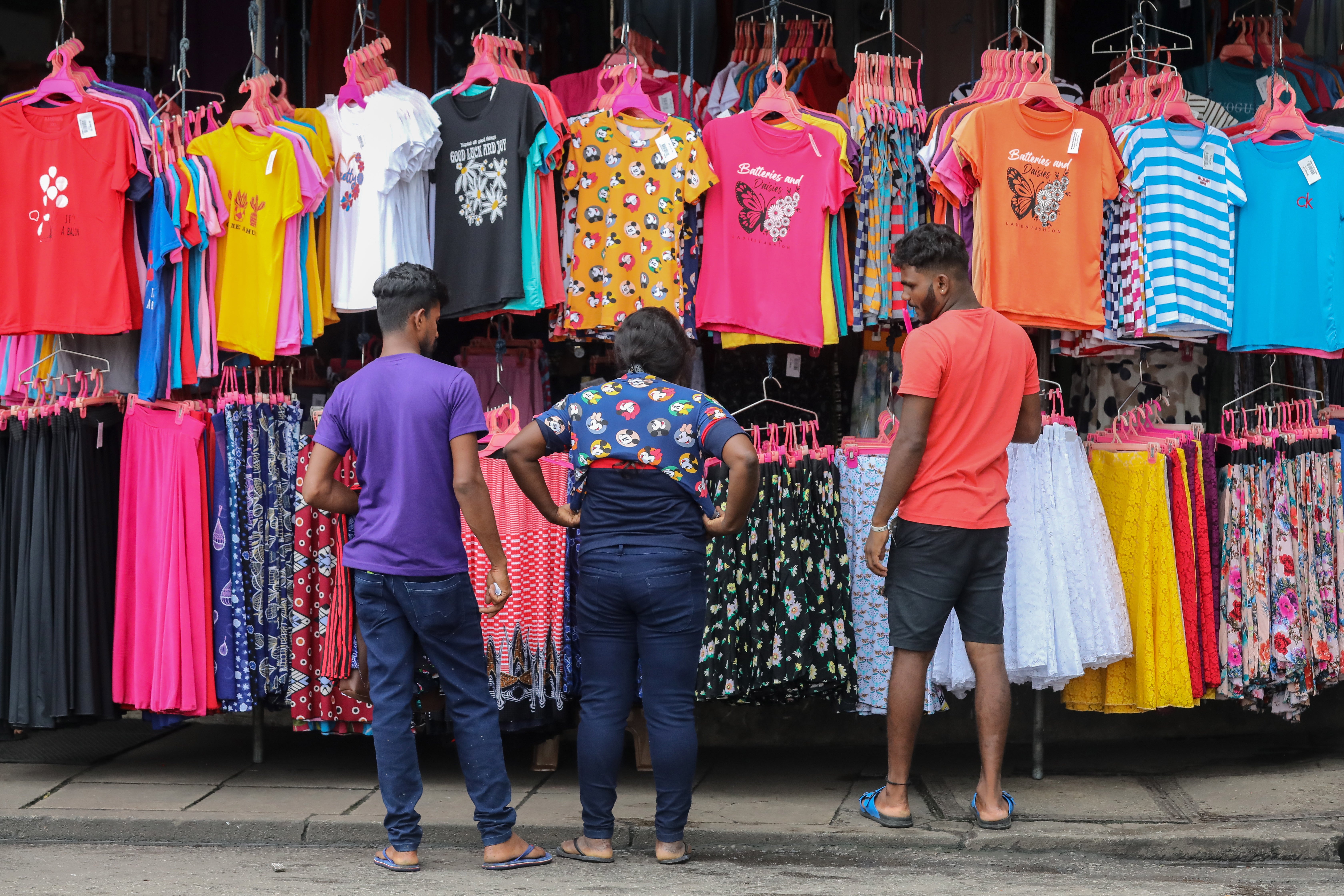Sri Lanka declares five-day holiday to avoid bank run over IMF debt deal
Banks closed to prevent rush on desposits as IMF bailout deal is put to parliament

Your support helps us to tell the story
From reproductive rights to climate change to Big Tech, The Independent is on the ground when the story is developing. Whether it's investigating the financials of Elon Musk's pro-Trump PAC or producing our latest documentary, 'The A Word', which shines a light on the American women fighting for reproductive rights, we know how important it is to parse out the facts from the messaging.
At such a critical moment in US history, we need reporters on the ground. Your donation allows us to keep sending journalists to speak to both sides of the story.
The Independent is trusted by Americans across the entire political spectrum. And unlike many other quality news outlets, we choose not to lock Americans out of our reporting and analysis with paywalls. We believe quality journalism should be available to everyone, paid for by those who can afford it.
Your support makes all the difference.Sri Lanka has declared a five-day public holiday until next week in order to prevent a bank run triggered by its £33.3 billion rescue deal with the International Monetary Fund (IMF).
A special sitting of parliament has been convened for Saturday to pass the restructuring deal, which aims to fix an economic crisis triggered by the Covid pandemic, excessive government borrowing and scarce foreign reserves.
Banks have been excluded from the local debt restructuring plan because of the possible impact on deposits, but the government also declared official holidays until next week to prevent a rush to withdraw funds.
Sri Lanka is also seeking to reduce nearly £13.44 billion of its £32.81 billion foreign debt through restructuring.
It sought the support of the IMF, which approved a bailout package in March, through which £2.37 billion will be disbursed in stages.

Sri Lanka’s economic crisis, the worst in its history, caused severe shortages of food, medicine, fuel, cooking gas and electricity last year.
That led to massive street protests that forced president Gotabaya Rajapaksa to flee the country and resign.
Meanwhile the World Bank announced on Thursday that its directors have approved £553.5 million in financing for Sri Lanka’s projects on economic stability and support for the poor and vulnerable.
Out of the approved fund, £395.36 million will support reforms that help improve economic governance and enhance growth and competitiveness.
It will provide budget support in two equal tranches against agreed prior actions, the bank said in a statement.
The other £158.1 million seeks to support Sri Lanka in providing better-targeted income and livelihood opportunities to the poor and vulnerable and improving the social protection system.
If those funds are unwilling to be part of the plan they may have to pay a 30% tax instead of the 14% special treatment effective now.
Associated Press
Join our commenting forum
Join thought-provoking conversations, follow other Independent readers and see their replies
Comments